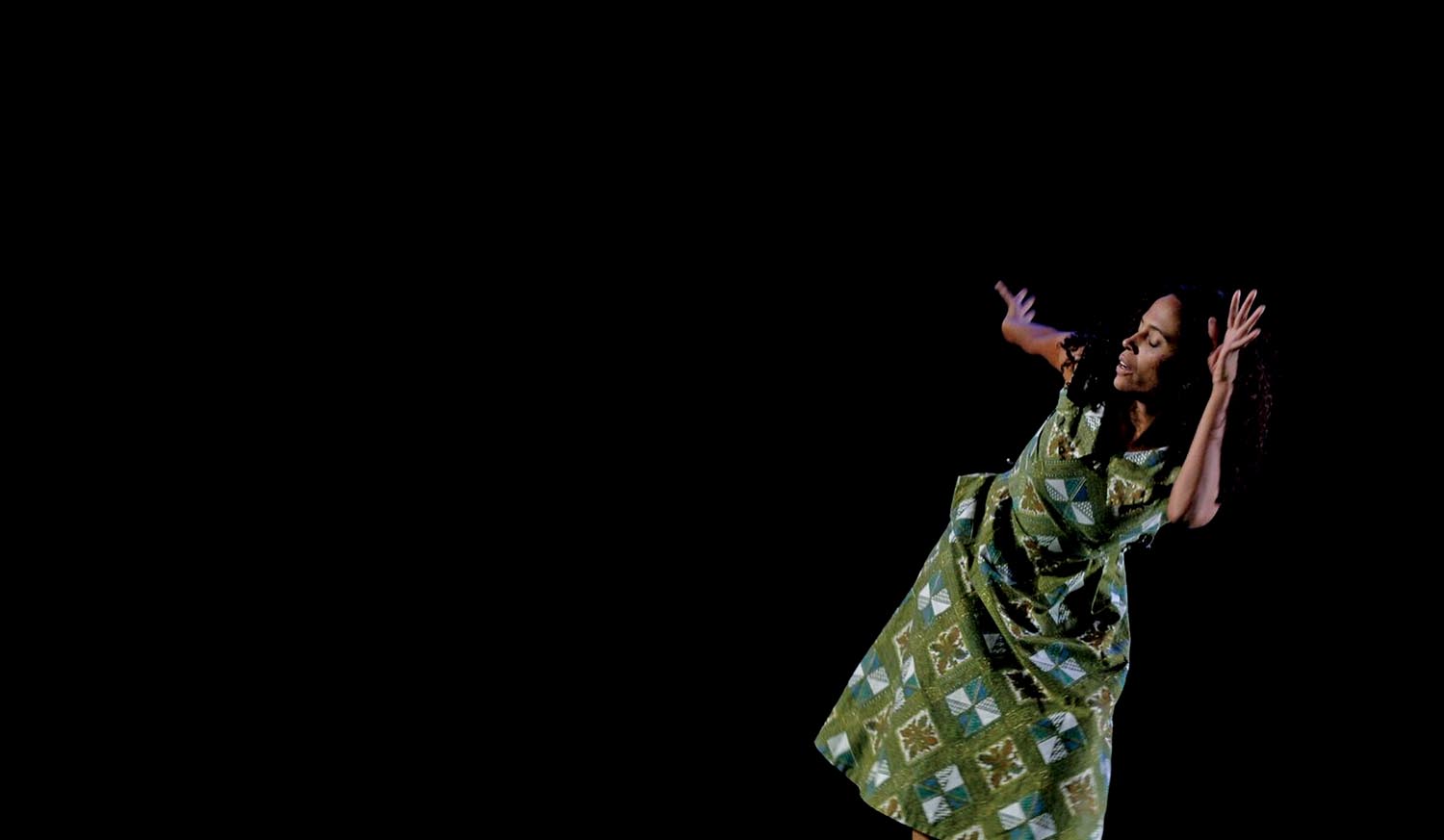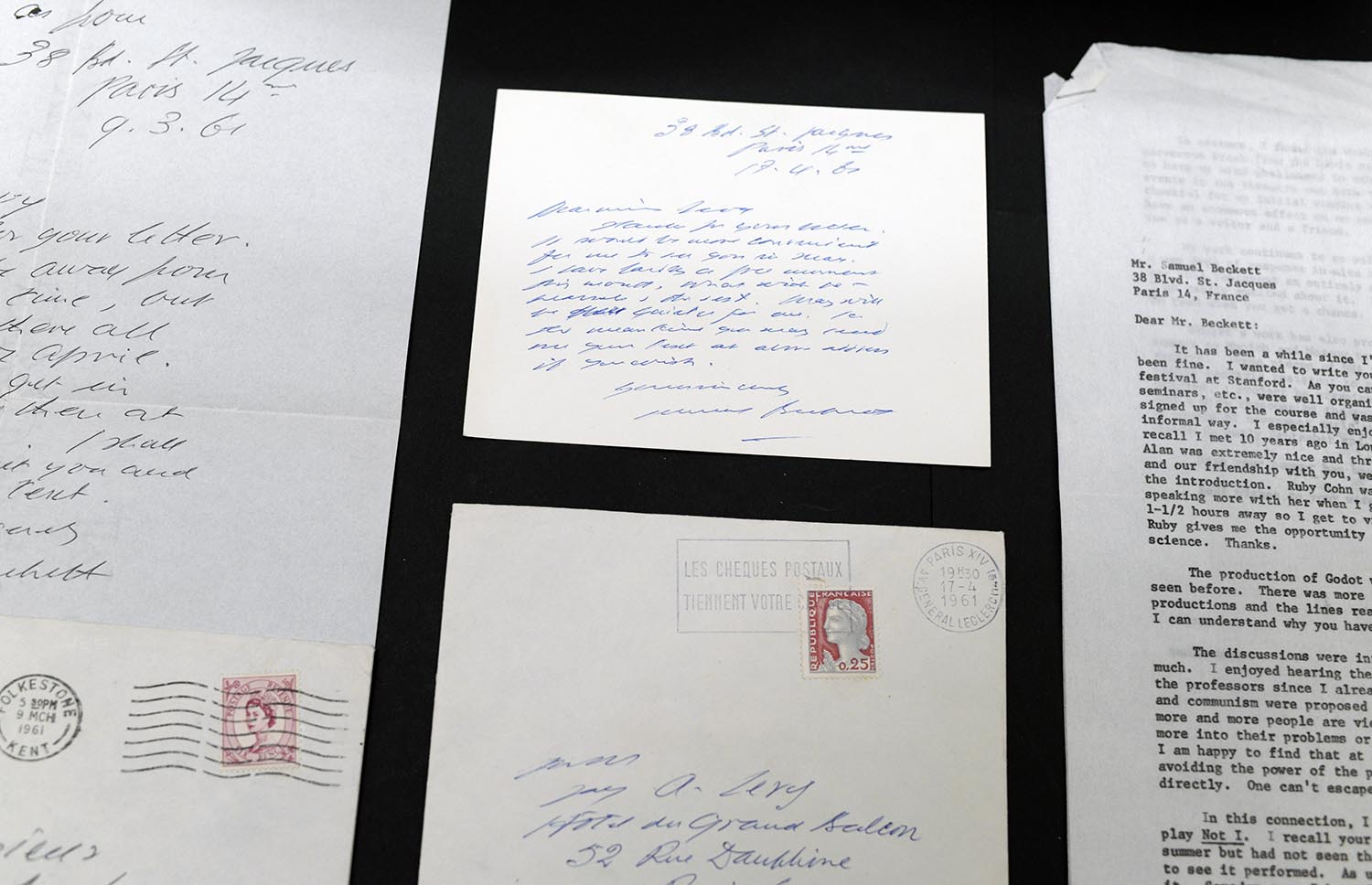A Meditation on Loss, Love, and Survival

While conducting research for his 2017 story collection, The Mountain, Paul Yoon ’02 encountered an “unfathomable” history.
During the 1960s, as the Vietnam War raged, Laos was roiled by civil war between the Communist Pathet Lao and the Royal Lao Government. The United States became involved and carried out more than 580,000 aerial bombing missions over Laos from 1964 to 1973 in efforts to suppress communism’s spread. It was the equivalent of one bombing every eight minutes, 24 hours a day, for nine years, on a country the size of Utah.
Two million tons of ordnance were dropped (more than fell on Japan and Germany during World War II combined), but only 70 percent exploded on impact; the rest riddled the Laotian landscape, making life even more perilous for civilians. (Many of those bombs remain today.) Yoon didn’t recall learning this history in school and wanted to understand more.
His new novel, Run Me to Earth, published in January by Simon & Schuster, represents his attempt to imagine what it was like to live through this period and grapple with its legacy. Set in Laos during the 1960s and afterward, Run Me to Earth follows three orphaned teenagers who are hired to work in a bombed-out field hospital on the edge of Laos’s iconic—but dangerous—Plain of Jars. In exchange for
shelter, food, and American cash, the trio serve as motorcycle couriers, risking their lives to transport medical supplies. When a caring doctor secures their evacuation, the youths’ lives diverge dramatically.
For Yoon, who grew up hearing stories about how his North Korean grandfather survived the Korean War and ultimately fled his homeland, Run Me to Earth
is his latest exploration into the topic of displacement. His 2013 novel Snow Hunters (about a Korean War refugee) and The Mountain each confronted the subject, he said, “but I didn’t feel finished with the topic of people who survive war, are displaced, and have to start over again. How do you rebuild a life, both physically
and psychologically?”
Run Me to Earth, which was praised in a Booklist starred review for its “quietly spectacular narrative that reveals the unfathomable worst and unwavering best of humanity,” doesn’t comment on any particular events past or present. Yet, its themes are resonant today.
“I’m always going into [writing] wanting to learn more about and acknowledge that there are patterns and similar recurring situations” across the globe, Yoon said.
An English major at Wesleyan, today he is on the visiting faculty of the Michener Center for Writers in Austin, Texas. “My hope is that if I’m interested in a subject, then maybe someone else will be, too. And in that way it can create a bridge for readers—from one event that’s occurred in this world to another.”


